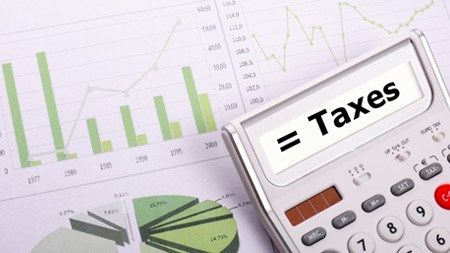Daleen Malan, Senior Associate at Werksman Attorneys says homeowners should consider the income tax implications triggered by renting out their properties, as it relates to rental periods.
Rental income received by or accrued to a homeowner, commonly received in the form of monthly instalments, should be included in gross income, and will be subject to income tax at the marginal rate applying to the owner of the house.
Any lease premium, being an amount paid in addition to, or in lieu of rent for the for granting of the use or occupation of a property, is also subject to income tax in the hands of the homeowner. Lease premiums are generally paid in the form of lump sums at the commencement of the lease, and the full amount is, unlike rental income - which would generally be paid monthly, subject to tax in the year that it accrues, or is received.
A refundable deposit paid by a tenant, is not taxable as it does not accrue to the homeowner unless or until it is forfeited to the homeowner.
Non-capital expenses and losses that are incurred in the production of the income may be offset against the rental income, so as to reduce the taxable amount. The homeowner is obliged to incur expenses during the period that the property was let.
Such expenses typically include:
-Fees paid to estate agents for securing tenants
-Borrowings cost incurred to finance the acquisition of the property. Caution is advised here when homeowners have used funds for private or domestic purposes, as opposed to settling the outstanding bond
-Legal fees in relation to disputes with tenants, such as for the collection of outstanding rentals, or the eviction of hazardous tenants. This does not include legal fees incurred in drawing-up the lease agreement
-Municipal rates and levies
-Fees paid towards security, cleaning and gardening services
-Wear and tear of movables used in the property in the event that the property is rented out furnished
-Insurance costs in respect of the property or contents
-Maintenance and repairs should be noted as specific costs and should not be confused with improvement costs. The latter is a capital expense that would be included in the base cost of the property, to effectively reduce the capital gain (or loss) on the disposal of the property, for capital gains tax purposes.
Should the expenses exceed the rental income, the loss should be available to be off-set against other income earned by the homeowner, provided that losses are not "ring-fenced" in terms of prevailing anti-avoidance provisions.
The homeowner must effectively be able to satisfy SARS that he is carrying on a bona fide trade through the rental of his property.
Where expenses have been deducted and the property is subsequently sold, there would be no recoupment implications for the homeowner, other than in the event that the homeowner claimed a wear and tear allowance on movables in the house, and such movables are also subsequently sold.
When it comes to VAT expense claims, the supply of a "dwelling" is an exempt supply for VAT purposes, and the homeowner is therefore not entitled to deduct as input tax any VAT incurred on its expenses.
In conclusion, Malan says rental income should be included in taxable income, but could be reduced by appropriate expenditure actually incurred in the production of the rental income.


